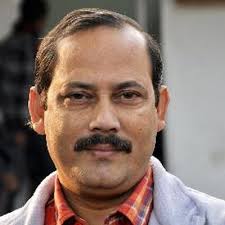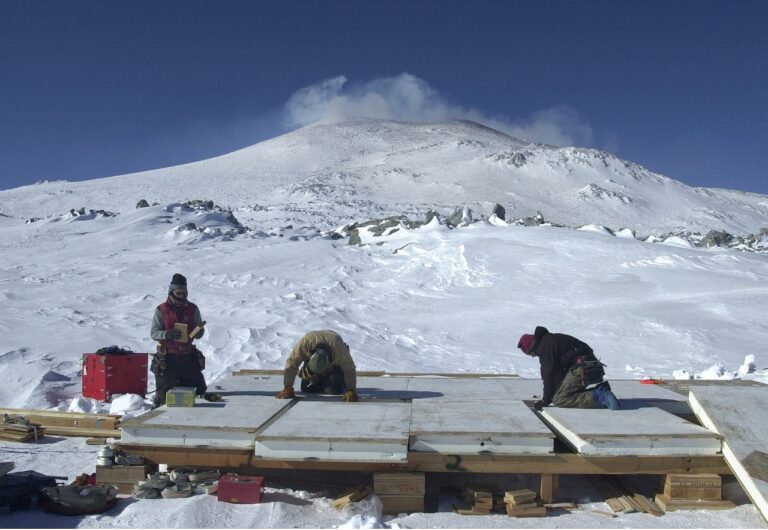
 By Nava Thakuria*
By Nava Thakuria*
Guwahati: It has been brought to the notice of Union Ministry of Power that some States are not supplying power to their consumers and imposing load shedding. At the same time, they are also selling power in the power exchange at high price.
As per the guidelines for allocation of power, 15% power from the Central Generating Stations (CGS) are kept under “unallocated power” which is allocated by the Central Government to the needy States to meet the requirement of power of the consumers.
The responsibility to supply power to the consumers is of the distribution companies and they should first serve their consumers who have the right to receive 24×7 power. Thus, the distribution companies should not sell the power in the power exchange and starve their own consumers.
The Union Ministry of Power has released guidelines regarding utilisation of unallocated power, on October 11, 2021 to meet the increased demand from the coal based power generation. It now requests States to use the unallocated power for supplying electricity to the consumers of the State. In case of surplus power, the States have been requested to intimate to the Government of India so that this power can be reallocated to other needy State.
The Ministry has warned that in case any state is found that they are not serving their consumers and selling power in the power exchanges at higher rate, the unallocated power of such states shall be withdrawn and allocated to other needy states.
Expressing concern over the probable electricity crisis due to the shortage of coal supply to various power plants in the coming days, a northeast India based Graduate Engineers’ Forum advocates for a long-term strategy to overcome the crisis focusing on non-fossil fuel power projects. All Assam Engineer’s Association (AAEA) specially bats for the household solar power generation (for own consumption) across the country.
Mentionable is that the Union Government has initiated serious discussions on the impending emergency as the festive season just starts in the populous country. Some higher energy consumed States like Maharashtra, Gujarat, Rajasthan, Punjab, Delhi, Odisha, Andhra Pradesh, Tamil Nadu, etc are identified as to be severely affected by the crisis, where the concerned authorities have already urged the consumers to use the electricity judiciously.
According to the Central Electricity Authority of India, around 75% of the country’s 135 coal-fired power plants are in serious trouble because of the visible lesser supply of thermal coal from the mines for various reasons. The country’s government-run coal producer, Coal India Limited, assumes that the demand for electricity has been rapidly increasing with near normal economic activities after the Covid-19 induced national lockdown.
Coal is accountable for nearly 70% of India’s electricity generation. The country has to import a large volume of ‘black gold’ from Indonesia, South Africa, Russia, Australia, Colombia, Kazakhstan, Mozambique, etc. Though India has a large coal reserve, its heating quality is relatively low and hence the country emerges as the world’s third-
largest coal importer. However, the government now seeks to cut the coal imports.
“The coal-fired electricity is always expensive and it will increase further. Hence the government should consider gradually decreasing the use of coal & gas (for moving turbine to finally generate electricity) and starts activating the other means of power generations,” said AAEA president Er Kailash Sarma, adding that the price of renewable energy is going to be cheaper in the coming days.
The forum specially urged Prime Minister Narendra Modi to take personal interest in encouraging the Indian scientists to develop high performing energy store-houses (batteries) as a mission to overcome the crisis forever. As the electricity cannot be warehoused after production for the future-use, a scientific arrangement for preserving the energy for reusing efficiently should be developed, stated the forum, adding that it which would finally resolve the power crisis not only for one billion-plus Indians, but the entire human race.
(With inputs from global bihari bureau)
*Nava Thakuria is a Guwahati-based senior journalist





